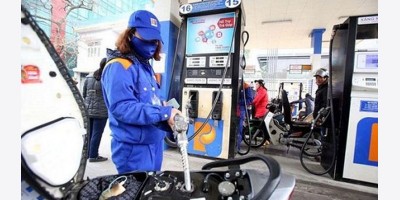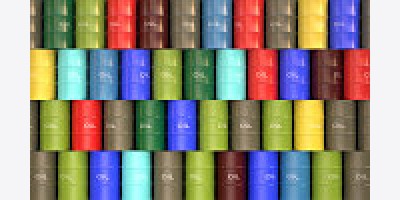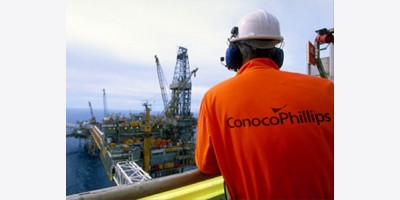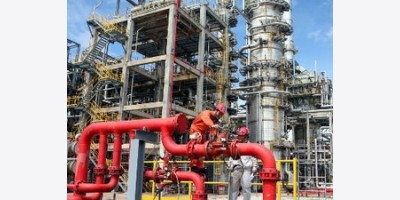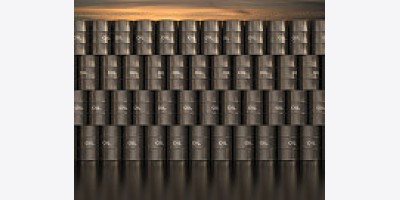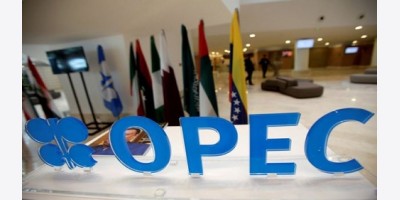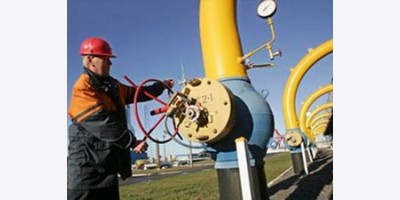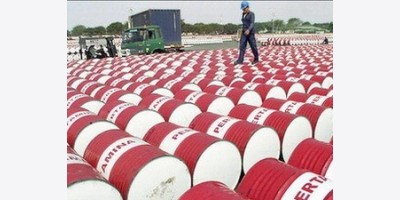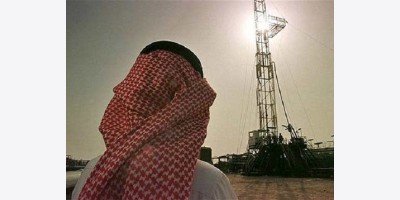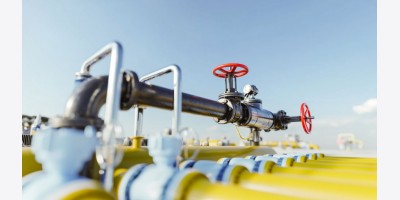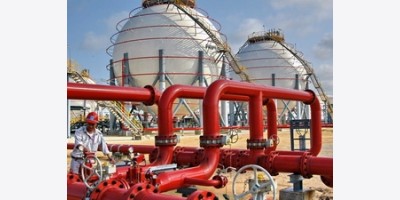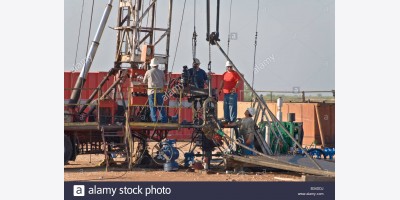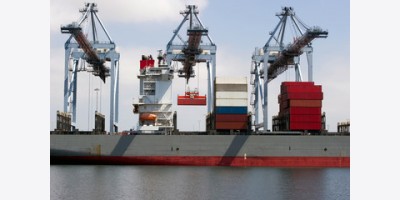By Bloomberg
Kuwait plans to increase oil output 23 percent by 2020 as improvements in how crude can be extracted allow the third-largest producer in OPEC to pump more.
The country will boost supply to 4 million barrels a day from about 3.25 million by using enhanced extraction methods, Kuwait Oil Co. Chief Executive Officer Hashem Hashem said a conference in Kuwait City today. The supplies include 300,000 barrels a day from northern oil fields and a similar amount of crude and condensates from the Jurassic natural gas project, he said.
“We have the reserves and we have a proven capability to advance projects in a timely manner; but there is always a risk that the skill mix in our organization may not be keeping up with the increased complexity of the reservoirs,” Hashem said. “It is time to be proactive and invite new approach from experience around the world to upgrade our capability.”
Oil Minister Ali Al-Omair yesterday said he saw no risk of oversupply in global oil markets because demand growth will match output increases. Brent, the benchmark for half the world’s crude, fell 2 percent this year on concern that increased supply from Iraq, Iran and Libya would outstrip demand and amid signs of slower economic growth in China.
Kuwait plans to spend $100 billion on oil and gas projects, according to the U.S. Energy Information Administration. It is the third largest producer of the Organization of Petroleum Exporting Countries, after Saudi Arabia and Iraq.
Asia Share
As well as the additional crude supply, Kuwait plans to upgrade two of its three refineries to increase so-called clean fuels output, and build a fourth.
The nation is also building a refinery in Vietnam, planning one in China and another in India to secure markets for the crude it produces.
Enhanced oil recovery should lift production in northern fields including Sabriyah, Raudathain, Bahra and Abdali to 1 million barrels a day, from about 700,000 barrels a day now, said Hashem. Another increase of 300,000 barrels a day to 350,000 barrels a day will come from condensates and crude produced by the Jurassic Gas project, he said. Kuwait Oil signed a deal four years ago to develop the deposit with Royal Dutch Shell Plc.
Development of heavy oil in fields across the country including Ratqa, which require steam injection in reservoirs, will add 60,000 barrels a day by 2018, 120,000 barrels a day by 2020 and possibly 270,000 barrels a day by 2030, he said. A 1.2 billion-dinar ($4.3 billion) construction contract for the first phase will be awarded this year, he said.
To contact the reporter on this story: Maher Chmaytelli in Dubai at mchmaytelli@bloomberg.net
To contact the editors responsible for this story: Alaric Nightingale at anightingal1@bloomberg.net Rachel Graham




